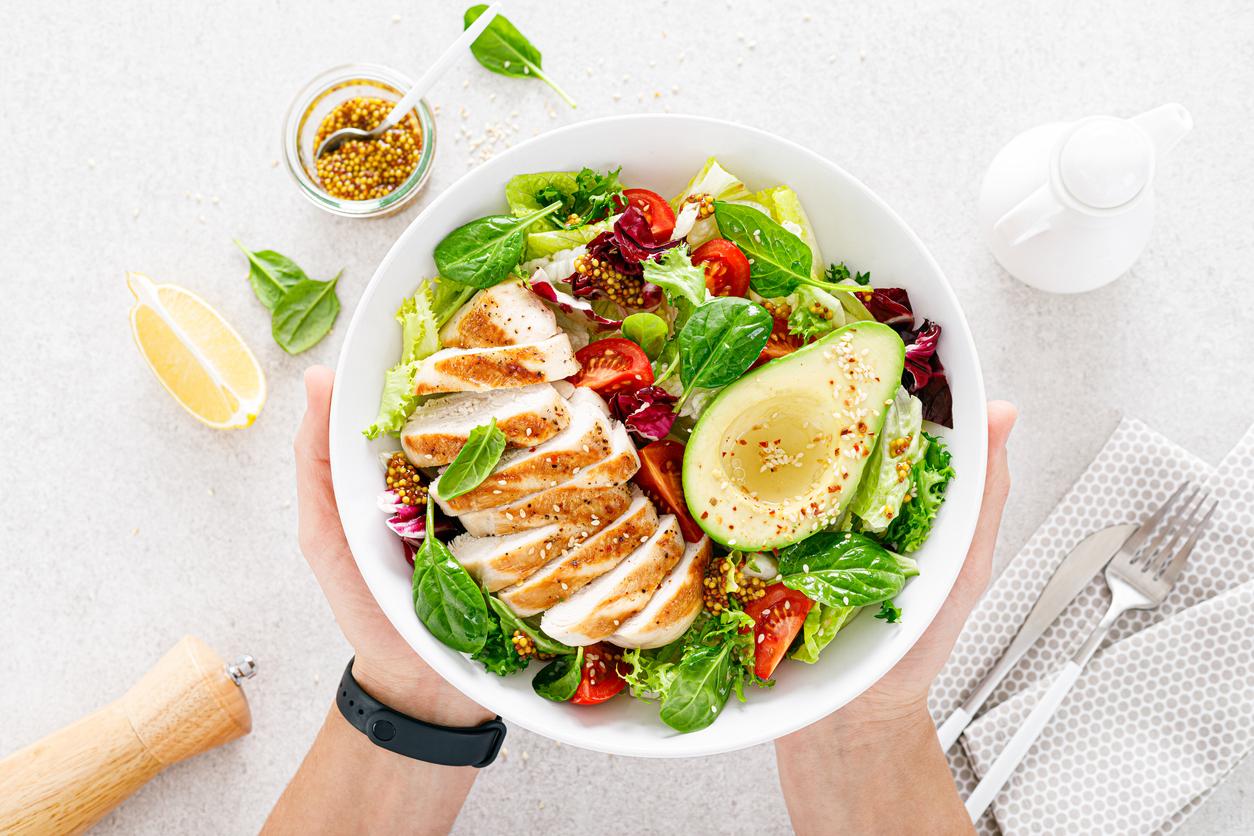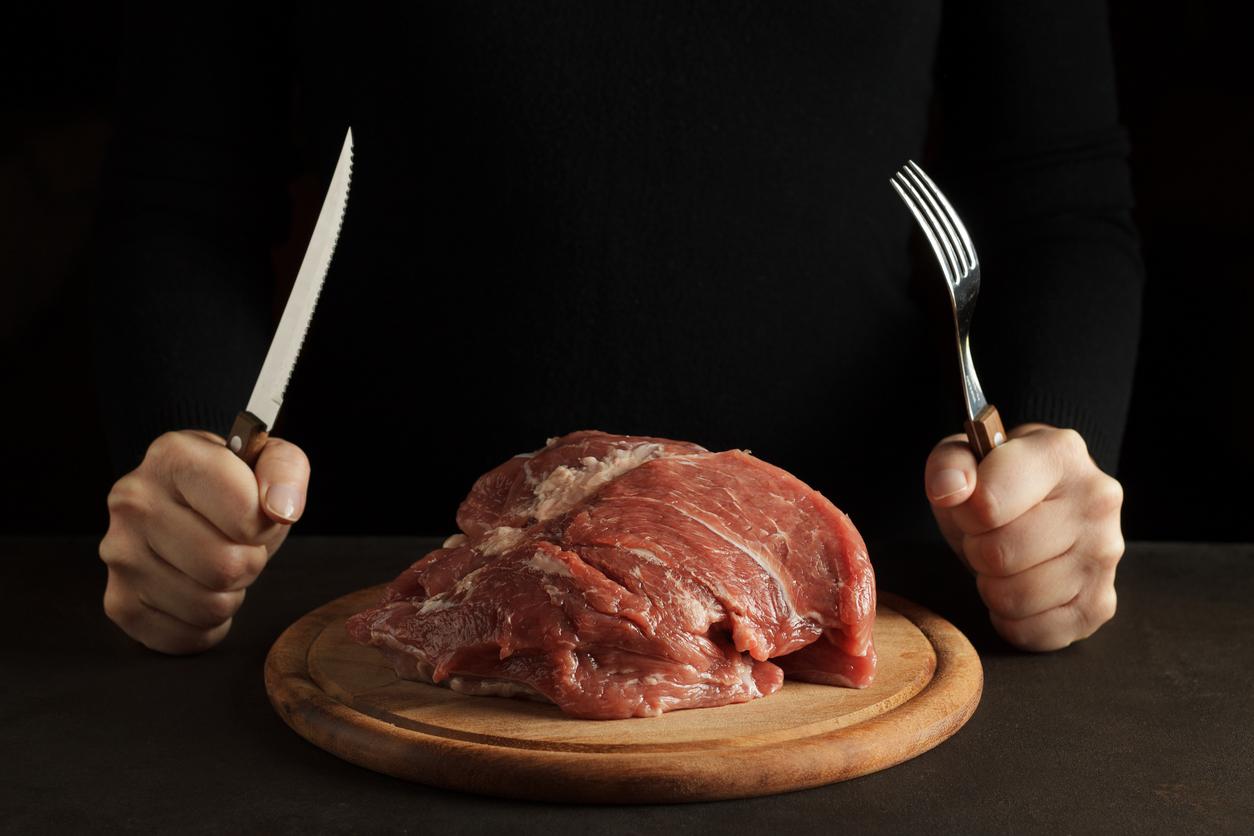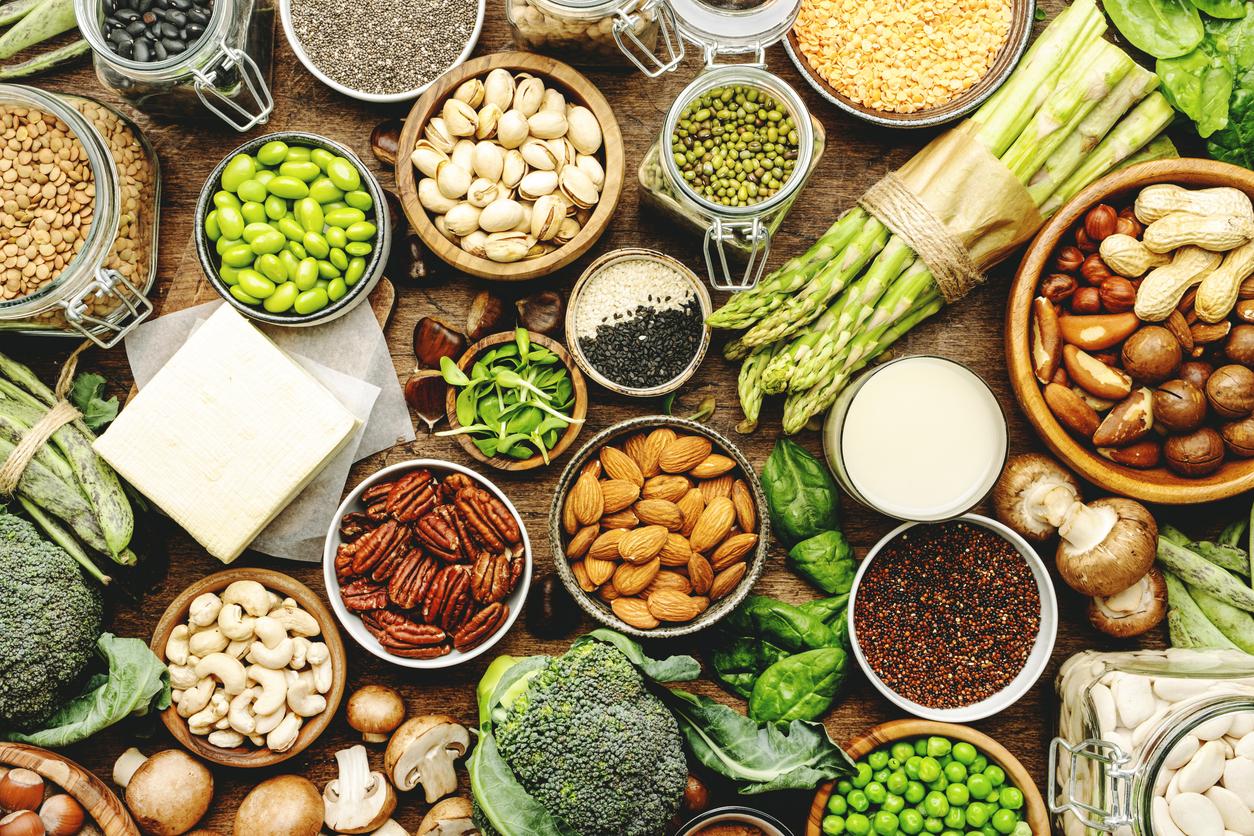Gluten is making a lot of noise: this substance (which forms when two types of proteins meet – prolamins and glutenins – when they are moistened) is comparable to a “glue”, used in industry to bind the preparations and give them a nice flexible appearance.
Breads, pastries, pasta, cookies, breakfast cereals… Gluten is (almost) everywhere: it is found in the majority of preparations that include rye, oats, wheat, barley , triticale, wheat, kamut or spelled.
Gluten intolerance has a name: it is celiac disease, a pathology that affects approximately 700,000 French people. This chronic disease of the small intestine (which is characterized by the gradual disappearance of intestinal villi) manifests itself through chronic diarrhea, constipation, bloating, nutritional deficiencies (iron, calcium, vitamins B9, D , A)… The only solution: adopt a strictly gluten-free diet.
45% of gluten-free people declare themselves “non-celiac hypersensitive”
According to a recent barometer published by the Because Gus brand, approximately 8% of French people have adopted a gluten-free diet (“no-glu” diet): among them, 13% suffer from diagnosed celiac disease.
However, it is not just celiac disease: thus, among these 8% who eat “gluten-free”, 45% declare to be “gluten sensitive” (Or “non-celiac hypersensitive“) and 19% have made the choice to stop gluten for “relieve another autoimmune or digestive disease“.
Should we stop gluten when we do not suffer from celiac disease? This issue is the subject of medical controversy. Thus, for the French National Society of Gastro-Enterology (SNFGE), “many people say they are “intolerant to gluten”, exclude it from their diet and see their digestive problems fade. Be careful, in reality, their symptoms are improved by the reduction in the diet of certain indigestible sugars responsible for fermentation (the “FODMAPs”) and which are also found in foods containing gluten such as flours“.
Be that as it may, the health crisis has not made life easier for “gluten-free”: 43% of them confide “having difficulty finding suitable products“during the first confinement (in March 2020), and today 11% (compared to 7% in 2019) favor e-commerce for their food shopping. switched to gluten-free baking in 2020.
Source : press release Because Gus / Diet Sector
Read also :
- What are the benefits of quinoa?
- Sensitive to gluten? Reducing it is easy!
- Gluten-free followers have a more balanced diet

















